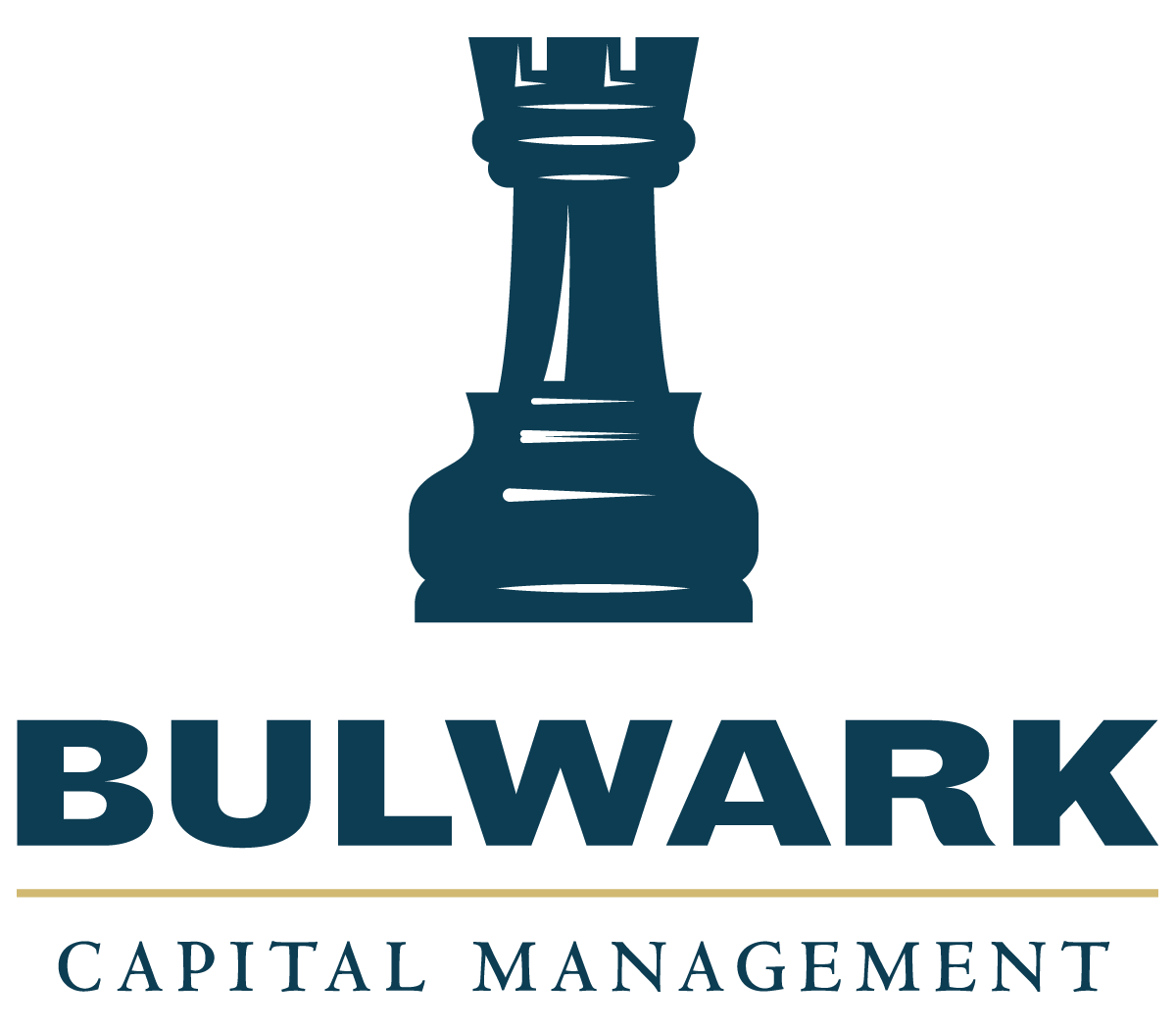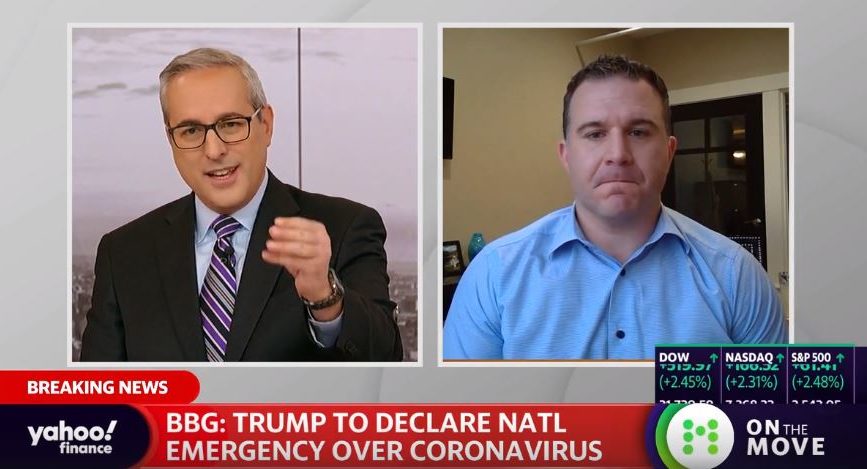During periods of market volatility, investors may look to alternative vehicles. Here are some options to consider.
2022 was a difficult year for investors, with all three major market indexes dipping simultaneously and taking their biggest hit since the housing crisis of 2008[1,2,3]. Investors are increasingly aware of market volatility and uncertainty, which can influence their investment decisions. While recent market trends have shown positive performance [1,2,3], it is important to consider the potential for volatility and to explore diverse investment options that offer growth potential and risk mitigation.
Though diversification of assets certainly doesn’t guarantee success, it can play a role in potentially mitigating risk and pursuing sustained growth. That’s why it can be a good idea to consider alternative investment and savings options. Here are a few options you may have when looking to diversify your investment portfolio.
Real Estate
Traditionally, investing in real estate involves purchasing property with the potential for rental income or appreciation. This can be a great way to potentially earn steady income. However, it’s important to be aware of the associated risks, such as difficulties finding tenants or temporary softening in the housing market.
Additionally, managing your rental property can be strenuous, whether that’s because of difficult tenants, maintenance costs or other ancillary costs and challenges associated with owning and renting property. It’s important to thoroughly research your investment property and have a plan to cover property costs, as well as a contingency plan in the event that it becomes more difficult to find a reliable tenant or liquidate if you want to sell.
There are vehicles for investing in real estate where you are not involved in day-to-day property management, but these options have other risks to consider and should be undertaken carefully working with trusted financial, tax and legal professionals.
Bank CDs and Treasury Bonds
Certificates of Deposit (CDs) and Treasury bonds are investment options that are often considered conservative in nature. CDs and Treasury bonds are similar in that they function as loans. The difference, however, is to whom your money is being loaned. Bank CDs, or certificates of deposit, are lump sum investments with a bank or credit union that are guaranteed up to $250,000 by the Federal Deposit Insurance Corporation, or the FDIC [4]. They earn interest for the duration of a predetermined period of time. Treasury bonds, on the other hand, are a loan to the government with specified interest rates for durations of either 20 or 30 years [5].
It’s important to consider that interest rates on CDs are often adjusted by banks during periods of high inflation to attract investors. This can make CDs more appealing during times of both high inflation and high interest rates. At the moment, interest rates are the highest they’ve been since 2008, potentially signaling a good time to purchase CDs [6]. While Treasury bonds also pay a predetermined interest rate over a set period of time, it’s worth noting that when interest rates rise, the value of existing Treasury bonds may decline as newer bonds with higher returns become more attractive. Both CDs and Treasury bonds are commonly regarded as safe and conservative investment options, but it can be a great idea to speak to your financial professional prior to purchasing either.
Annuities
Annuities are contracts between you and an issuing insurance company. Annuity contracts (except variable annuities) typically provide both principal protection and a rate of growth that is guaranteed by the insurance carrier based on that company’s claims-paying ability. Fixed annuities work very similar to CDs but may pay more attractive interest rates. Other annuities, such as fixed indexed annuities, or FIAs, can provide growth linked to a specific market index, such as the S&P 500, while still protecting the principal. This investment option provides the opportunity to potentially benefit from market upswings while aiming to mitigate exposure to market downturns.
It can be extremely helpful to discuss your annuity options with a financial professional who understands annuities and has access to multiple products and insurance carriers in order to find a product that suits your unique situation and your goals.
Life Insurance
No longer is life insurance solely about the end. Now, it can be a beginning with modern product-development companies working to create customizable, client-oriented policies that can function as vehicles for retirement saving and income. While term life provides a payout upon death in a specific time window, permanent life insurance policies, like whole life and universal life, can come with a cash value portion that can potentially be accessed tax-free.
Based on the claims-paying ability of the issuing company, an indexed universal life policy, or an IUL, offers guarantees similar to a fixed-indexed annuity, such as principal protection and index-linked growth. IULs also offer flexible premiums, meaning that the policyholder can increase or decrease premiums by increasing or decreasing the amount that goes into the cash value portion or increasing or decreasing the insurance death benefit of the policy based on their circumstances while still keeping the policy in force.
Private Equity
Private equity investments can offer unique opportunities to invest in businesses and projects that are not publicly traded. These investments are often made through private companies, and they may provide the potential for greater returns. However, it’s important to be aware that private equity investments typically involve larger investment amounts compared to investing in publicly traded companies.
It’s important to consider the risks associated with private equity investments, including limited liquidity, lack of diversification and the potential for loss of capital. These types of investments may not be suitable for everyone and should be carefully evaluated based on your individual financial goals, risk tolerance and investment time horizon.
We understand the importance of exploring various investment options to meet your unique financial goals. While alternative investments may offer unique features, it’s important to note that no investment can guarantee complete protection from market volatility or downturns. However, we strive to help you navigate various investment choices to develop a well-diversified portfolio tailored to your needs. Give us a call today! You can reach Bulwark Capital Management at 253.509.0395.
Sources:
- https://www.macrotrends.net/1319/dow-jones-100-year-historical-chart
- https://www.macrotrends.net/1320/nasdaq-historical-chart
- https://www.macrotrends.net/2324/sp-500-historical-chart-data
- https://www.fdic.gov/resources/deposit-insurance/faq/
- https://www.treasurydirect.gov/marketable-securities/treasury-bonds/
- https://www.macrotrends.net/2015/fed-funds-rate-historical-chart
Investment Advisory Services offered through Trek Financial LLC., an (SEC) Registered Investment Advisor.
Information presented is for educational purposes only. It should not be considered specific investment advice, does not take into consideration your specific situation, and does not intend to make an offer or solicitation for the sale or purchase of any securities or investment strategies. Investments involve risk and are not guaranteed, and past performance is no guarantee of future results. For specific tax advice on any strategy, consult with a qualified tax professional before implementing any strategy discussed herein.
*Annuity guarantees are backed by the financial strength and claims paying ability of the issuing insurance company. Financial products and services if recommended may include investment advisory fees, commissions and/or other charges.
This article is not to be construed as investment advice. It is provided for informational purposes only and it should not be relied upon. It is recommended that you check with your financial advisor, tax professional and legal professionals when making any investment or any change to your investment portfolio. Your investments, insurance and savings vehicles should match your risk tolerance and be suitable as well as what’s best for your personal financial situation.
Trek 23-602













 253.799.6416
253.799.6416 invest@bulwarkcapitalmgmt.com
invest@bulwarkcapitalmgmt.com